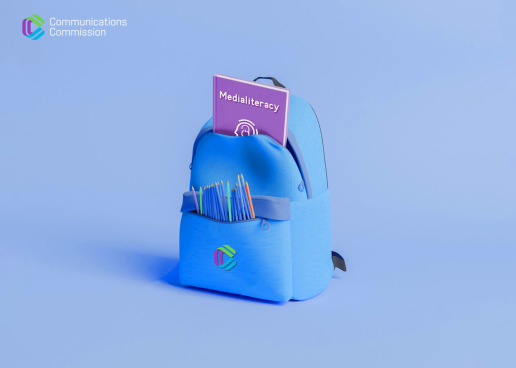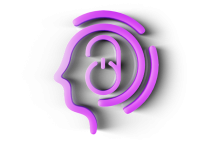COMCOM: Our Goal is to Involve More Stakeholders in Media Literacy Development

The 2021 annual report of the Communications Commission states that “the goal of the Commission is to get more stakeholders involved in the media literacy development process in order to strengthen media literacy in Georgia through close cooperation and coordination.” The Commission has been implementing media literacy projects for more than four years in accordance with European practices.
The online media literacy platform www.mediatsigniereba.ge was launched in 2021 to strengthen coordination. This is an online hub for all organisations and agencies working in the field of media literacy projects in Georgia. The platform provides all interested individuals with access to media literacy projects and resources. The project was implemented by the Communications Commission with the support of the Council of Europe.
In 2021, the Commission held the first global media and information literacy week as part of the UN resolution. Participants included representatives of public, international and non-governmental sectors, including the Ministry of Education and Science of Georgia, National Centre for Professional Development of Teachers, Information Centre on NATO and EU, UNICEF, the European Union, international experts, NGOs, universities and schools.
With the support of the EU delegation, the Commission implemented the project “The Challenge of Disinformation: Developing Critical Thinking in Schools,” which aims to raise awareness about the negative impact of disinformation, develop media literacy and critical thinking skills and enhance knowledge about the process of Georgia's approximation with the EU. Trainings were held for public school and vocational college teachers in Tbilisi and all other regions of Georgia, including the regions with large ethnic minority populations. As part of the project, media literacy experts developed a special educational module and held 45 interactive trainings for more than 700 teachers from 400 schools and colleges.
The 2021 annual report presents a detailed overview of the media literacy projects that were aimed at protecting young people from the harmful effect of the internet. The Communications Commission and the Media Academy held two editions of the contest “Truth or Fiction?” for school pupils and bachelor’s degree students in 2021. Furthermore, the Commission organised learning sessions for 200 students at 6 universities and up to 1000 pupils at 50 schools in Tbilisi and the regions, teaching them how to verify facts and identify fake information.
In 2001 the Commission trained around 1000 pupils from 45 schools in “Media Economics.” The target audience of the course consisted of children 10 to 15 years of age. They obtained detailed information about the role of each consumer in financing social media.
The Commission updated the “Happy Onlife” app and translated an additional 150 questions. The app, which has been recognised by numerous EU countries, uses games to teach children how to safely navigate the internet. Last year the Commission trained more than 500 pupils in 45 schools across the country. More than 13,300 users have downloaded the “Happy Onlife” app since its launch in 2019.
In 2021, the Commission provided 11 public schools with the Finnish book series “Hello Ruby” free of charge. Up to 1300 pupils in 16 schools are now using the textbook. Due to high interest and demand for the books, the Commission and the Ministry of Education and Science trained the teachers of the aforementioned 11 schools through the teaching methodology developed by the author of “Hello Ruby” Linda Liukas.
The Commission continues to implement media literacy projects at universities to develop media and information literacy skills. More than 600 students learned the basics of media literacy in 2021. Since 2020, more than 1200 students of the Tbilisi, Batumi and Samtskhe-Javakheti state universities, as well as the Business and Technology University, have participated in media literacy projects.
Ethnic minorities constitute another important target group and priority for the Communications Commission. For the past two years, the Commission has actively cooperated with the Samtskhe-Javakheti State University to promote media literacy and hold trainings for students. Media literacy trainings are also held in the regions with a high concentration of ethnic minorities.
As part of the Log-in Georgia project Digital Support Programme, trainings and informative meetings were held with the population of the Ozurgeti municipality. The Digital Support Programme is being implemented by the Communications Commission and Open Net with the support of the Ministry of Economy and Sustainable Development of Georgia. Its aim is to enable safe and beneficial use of the internet for the rural population.










